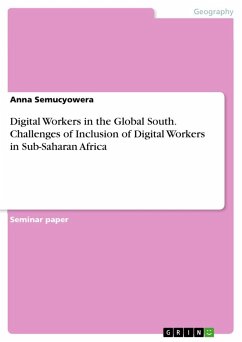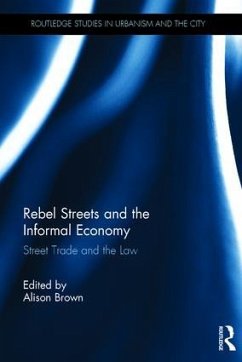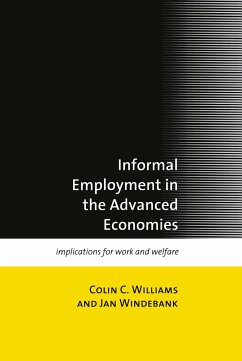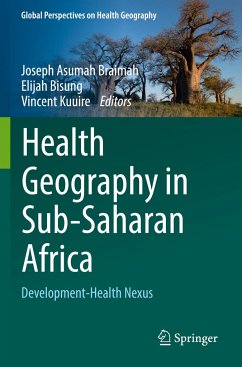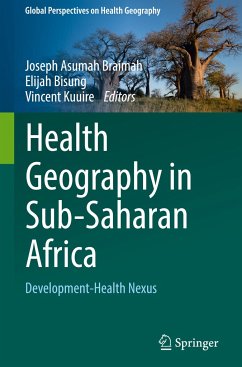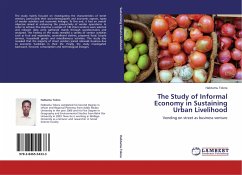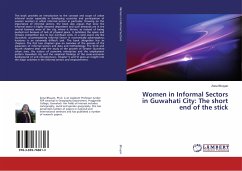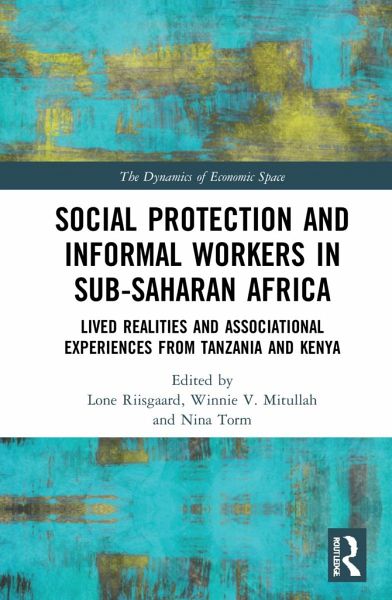
Social Protection and Informal Workers in Sub-Saharan Africa
Lived Realities and Associational Experiences from Tanzania and Kenya
Herausgeber: Riisgaard, Lone; Torm, Nina; Mitullah, Winnie V.
Versandkostenfrei!
Versandfertig in 1-2 Wochen
167,99 €
inkl. MwSt.

PAYBACK Punkte
84 °P sammeln!
The last decade has witnessed an expansion of social protection schemes such as cash transfers, health insurance, and pensions in Sub-Saharan Africa. This book focuses on 3 important sectors of informal work: transport, construction, and micro-trade in Kenya and Tanzania.



